Culture | In a Word
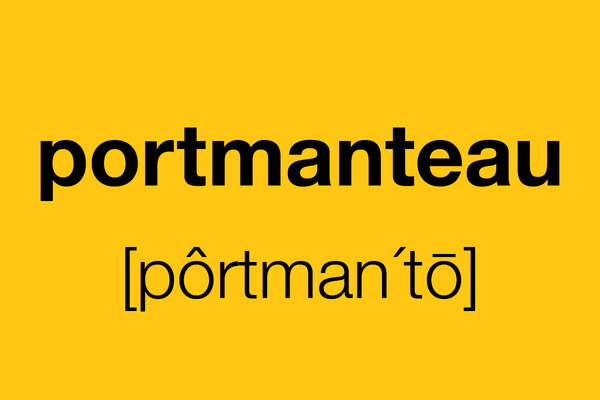 ‘Slithy,’ ‘chortle,’ and other portmanteau wordsLewis Carroll is credited with memorable portmanteau words, including “slithy”: a combination of “slimy” and “lithe.”
‘Slithy,’ ‘chortle,’ and other portmanteau wordsLewis Carroll is credited with memorable portmanteau words, including “slithy”: a combination of “slimy” and “lithe.” Either a ‘lender’ or a ‘loaner’ you can beWords are not Platonic ideals with a separate existence. In language usage, fashion plays a crucial role.
Either a ‘lender’ or a ‘loaner’ you can beWords are not Platonic ideals with a separate existence. In language usage, fashion plays a crucial role.
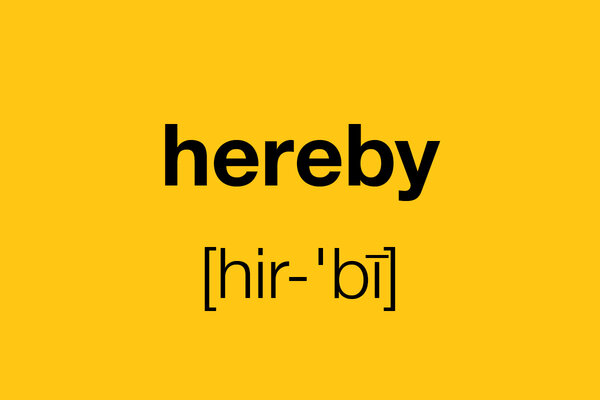 How language describes, but also changes, the worldThe officiant at a wedding says, “I hereby declare you married,” and that utterance plays a crucial role in making it so.
How language describes, but also changes, the worldThe officiant at a wedding says, “I hereby declare you married,” and that utterance plays a crucial role in making it so. A ‘nerd’ can be a ‘geek’ and also a ‘wonk’The word "nerd" originated comparatively recently, in 1950, in Dr. Seuss’ “If I Ran the Zoo.” But the concept of nerdity has a long history.
A ‘nerd’ can be a ‘geek’ and also a ‘wonk’The word "nerd" originated comparatively recently, in 1950, in Dr. Seuss’ “If I Ran the Zoo.” But the concept of nerdity has a long history.
More In a Word
VIEW ALL
 The nuances of ‘coup,’ ‘mutiny,’ and ‘insurrection’"Insurrection" and "rebellion" imply wider participation – ordinary people, rather than members of the elite or a military unit, are the drivers.
The nuances of ‘coup,’ ‘mutiny,’ and ‘insurrection’"Insurrection" and "rebellion" imply wider participation – ordinary people, rather than members of the elite or a military unit, are the drivers.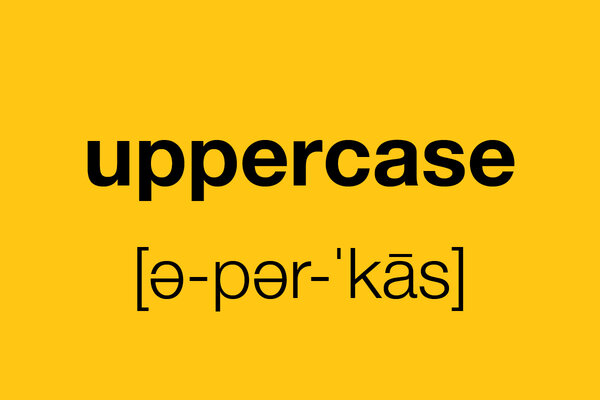 All CAPS or none: It’s a free-for-all on social mediaWRITING EVERYTHING IN ALL CAPS IS GENERALLY UNDERSTOOD AS YELLING, our language columnist notes.
All CAPS or none: It’s a free-for-all on social mediaWRITING EVERYTHING IN ALL CAPS IS GENERALLY UNDERSTOOD AS YELLING, our language columnist notes.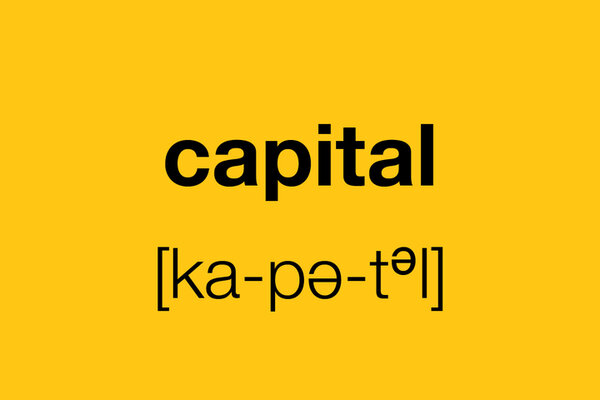 Ruling out overindulgence in capital lettersPeople don't seem to know what – or when – to capitalize. It's a problem that streches back thousands of years.
Ruling out overindulgence in capital lettersPeople don't seem to know what – or when – to capitalize. It's a problem that streches back thousands of years.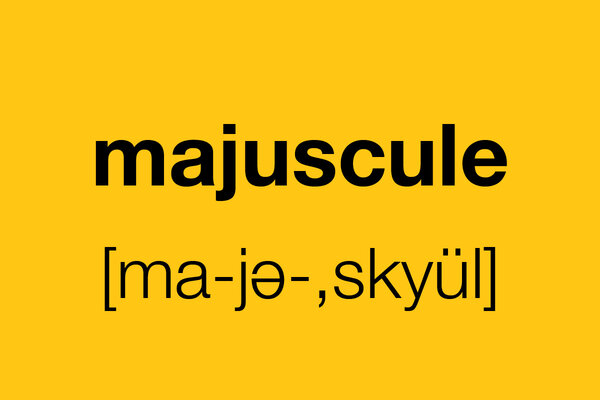 Humans, not chatbots, find capitalization trickyEarly European manuscripts don’t differentiate between uppercase and lowercase letters; all letters are the same size and come in only one shape.
Humans, not chatbots, find capitalization trickyEarly European manuscripts don’t differentiate between uppercase and lowercase letters; all letters are the same size and come in only one shape.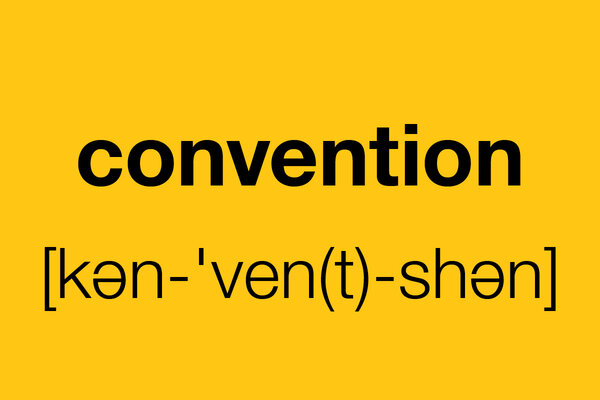 English has many rules, some of them validSome rules of English you know, some you don’t, and – despite what you might have been taught in grammar school – some aren’t rules at all.
English has many rules, some of them validSome rules of English you know, some you don’t, and – despite what you might have been taught in grammar school – some aren’t rules at all.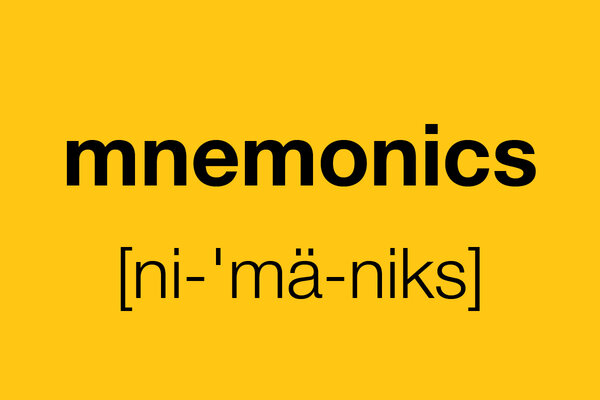 Spelling tricks from the days before autocorrectIn the Middle Ages, "proper" spelling was not a cultural aspiration. People wrote words down as they pronounced them.
Spelling tricks from the days before autocorrectIn the Middle Ages, "proper" spelling was not a cultural aspiration. People wrote words down as they pronounced them.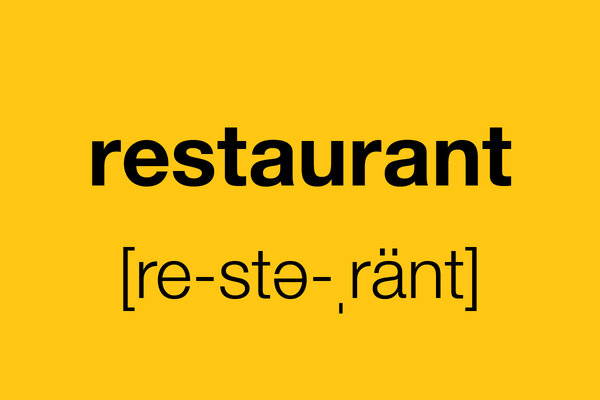 The words we keep having to GoogleAccording to one tally, the word that prompts the most spelling-related Google searches, by a huge margin, is "restaurant."
The words we keep having to GoogleAccording to one tally, the word that prompts the most spelling-related Google searches, by a huge margin, is "restaurant."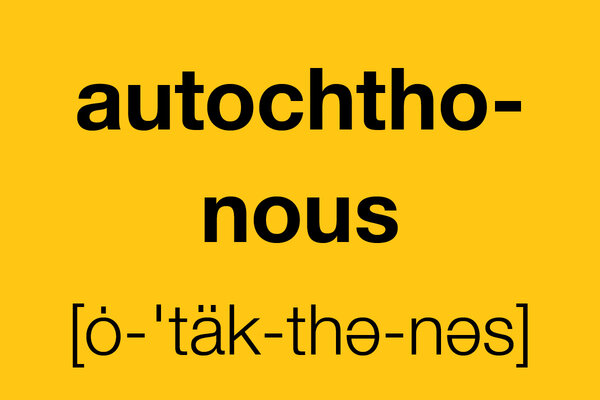 Why spelling well is a multilingual taskAround 60% of words in spelling bees from 1996 to 2014 derived from Latin and French, about the same proportion as in English as a whole.
Why spelling well is a multilingual taskAround 60% of words in spelling bees from 1996 to 2014 derived from Latin and French, about the same proportion as in English as a whole.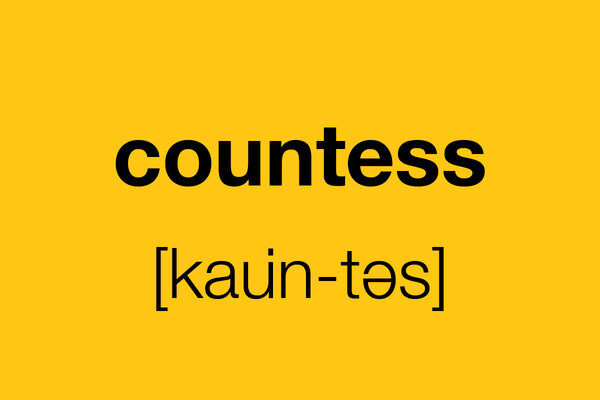 Why England has 200 countesses – and zero countsThere are many – countless? – counts in the rest of Europe, but in Britain the husband of a countess is an earl. Scholars disagree about why.
Why England has 200 countesses – and zero countsThere are many – countless? – counts in the rest of Europe, but in Britain the husband of a countess is an earl. Scholars disagree about why.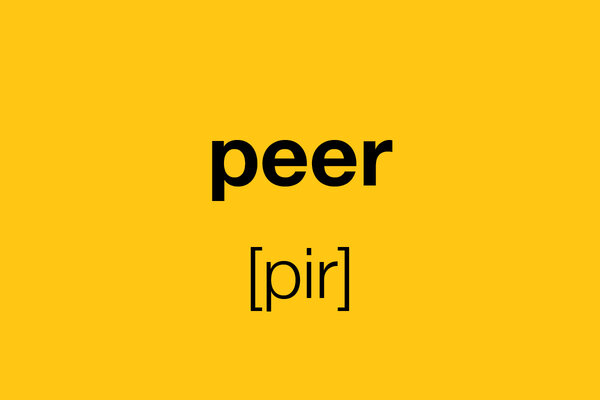 When a peer is not necessarily one's equalThere were no English dukes until 1337. Up until then, the English referred to the grandest aristocrats with the good old Germanic word "earl."
When a peer is not necessarily one's equalThere were no English dukes until 1337. Up until then, the English referred to the grandest aristocrats with the good old Germanic word "earl."
Monitor's Best: Top 5
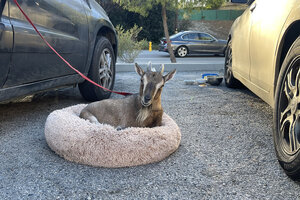 In Los Angeles, as Palisades Fire burns, resilience begins to take hold
In Los Angeles, as Palisades Fire burns, resilience begins to take hold Darien, Georgia, loves its history. How this small town sees inauguration.
Darien, Georgia, loves its history. How this small town sees inauguration. Cover StoryThis police unit put away its riot gear. Now it walks and talks with protesters.
Cover StoryThis police unit put away its riot gear. Now it walks and talks with protesters.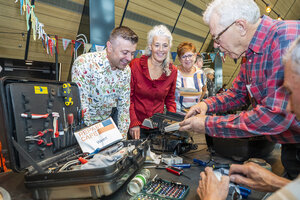 Difference MakerThe ‘Repair Café’ movement has become a powerful force for a fix-it culture
Difference MakerThe ‘Repair Café’ movement has become a powerful force for a fix-it culture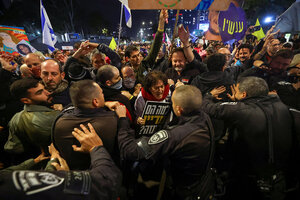 In Israel’s democracy battle, an added front: Politicized police
In Israel’s democracy battle, an added front: Politicized police























